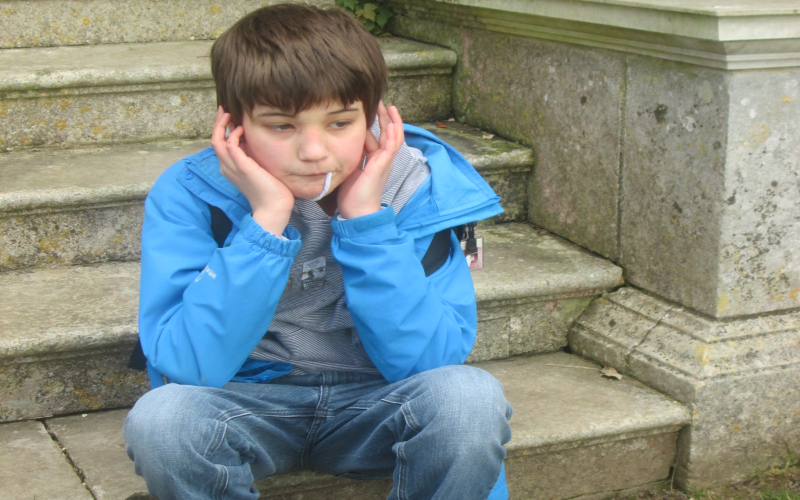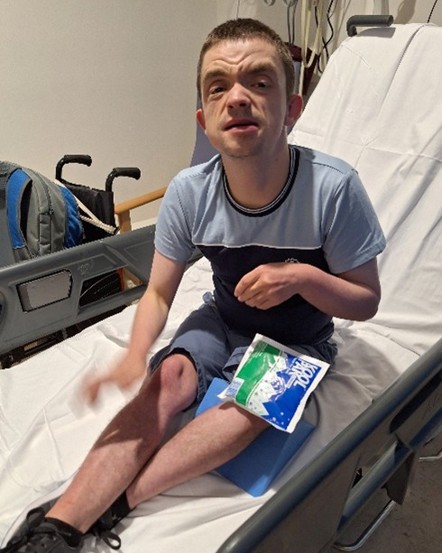Lost in lockdown, again?

Mark Arnold
Mark heads up Urban Saints pioneering additional needs ministry programme and is co-founder of the ‘Additional Needs Alliance’, a learning and support...

We’re back in lockdown again, schools are closed to most children again, many families of children and young people with additional needs are struggling again.
It’s like we’re in a recurring lockdown ‘Groundhog Day’, but there are things that families as well as their support networks can do to help everyone to be able to cope better, to make this lockdown a little more manageable.
Here are my seven ‘top tips’ to help us all survive another lockdown:
Try to create a daily routine, a ‘new normal’, and stick to it as much as possible.
Many children with additional needs can struggle with unpredictability and uncertainty, so try to keep a rhythm each day that they can get used to.
Encourage them to help you to create this.
Use a visual timetable to help them to know what is happening each day.
This could use symbols, if they use these to help with communication, or photos of the different activities, key moments etc.
Knowing what is happening now and next is really important for everyone!
Do they have a ‘safe space’ if they are feeling overwhelmed?
A place they can use to calm and de-stress or re-set? Maybe make a ‘den’ together that they can use for this, with some blankets over a table and some soft cushions inside.
Help them to be able to communicate how they are feeling. It may be through speech, but could also be through writing or drawing something; whatever works for them.
Reassure them that you are there for them and however they are feeling you’ll work through it together.
If they have questions about the virus, look for resources to help them understand it better and to know how to stay safe.
There are resources in the COVID-19 category of my blog site; click here coronavirus to find the resources I shared in the first lockdown, which are just as relevant today.
Look for the positives.
A study of the people of Tromsø in Norway found that despite them living in darkness for months at a time during winter, their mental health was excellent because they had learned to focus on the positive things that they could do while it was dark, like cozying up around a warm fire with some cocoa, looking at the night sky, going for a frosty walk, or putting some candles or pretty lights on, rather than the things that they couldn’t do.
There’s a practical lesson for us in that right there! The Danish and Norwegians call that sense of coziness Hygge (Hue-Guh) and it’s related to the English word ‘hug’.
We could all do with giving ourselves a cozy hug at the moment couldn’t we?
Have a look at ‘One Thousand Gifts’ by Ann Voskamp – spend a few moments each day thinking of three things that have gone well, three things to give thanks for, and write them down in a journal.
The day might have been a disaster, but if just for a few moments we can think of those three things and be grateful for them it can change our mindset and help us to look for these positive moments every day, as well as giving us a resource of good memories to tap into.
If you can manage to do this for a year you end up with one thousand positive moments or ‘gifts’.
I hope these tips and ideas will help you to cope with this lockdown a little better, whether you are a family with a child or young person with additional needs, or someone that supports and helps them.
Let’s survive this lockdown together!


